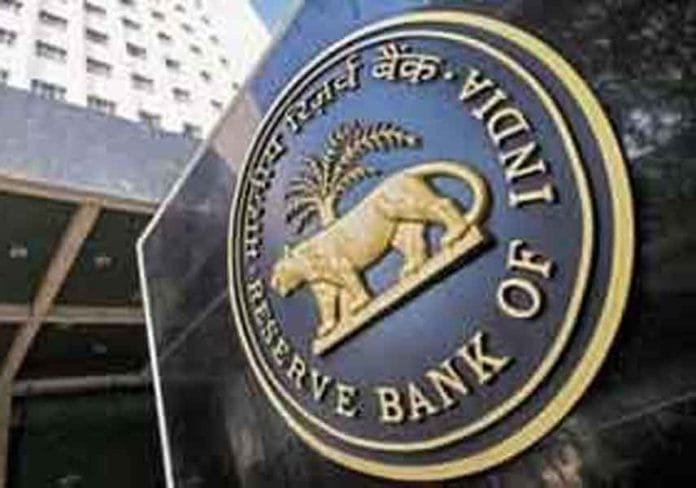INVC NEWS
New Delhi : The Reserve Bank of India (RBI) has recently imposed financial penalties on prominent banks, including HDFC Bank and Bank of America, alongside several cooperative banks. This action underscores the central bank’s commitment to uphold the integrity and stability of India’s financial system.
HDFC Bank and Bank of America: Non-Compliance with FEMA Regulations
The RBI’s scrutiny revealed that both HDFC Bank and Bank of America had breached regulations concerning deposits from Non-Resident Indians (NRIs). The central bank fined each institution Rs 10,000, citing their failure to adhere to the Foreign Exchange Management Act (FEMA) guidelines. This penalty serves as a reminder of the RBI’s rigorous standards for foreign exchange transactions.
Issuance of Show Cause Notices: A Warning for Future Compliance
In addition to the fines, the RBI issued show cause notices to the penalized banks. This step is a clear indication of the central bank’s seriousness about compliance and serves as a cautionary measure. The banks are expected to respond adequately to these notices, failing which further penalties may be imposed.
Penalties on Cooperative Banks: A Broader Regulatory Sweep
The RBI’s action extended beyond international banking giants, encompassing the cooperative banking sector as well. Three cooperative banks faced the brunt of the RBI’s enforcement measures:
- Dhrangadhra People’s Cooperative Bank: This Gujarat-based bank was fined Rs 1 lakh for not adhering to deposit-related regulations.
- Mandal Nagrik Cooperative Bank: Based in Ahmedabad, this bank incurred a Rs 1.5 lakh penalty for similar regulatory breaches.
- Patliputra Central Cooperative Bank: Located in Bihar, this institution also faced a fine of Rs 1.5 lakh for non-compliance with the deposit rules.
Previous Actions by RBI: A Consistent Stance on Regulation
This series of penalties is not an isolated incident. Just a week prior, the RBI had imposed a significant fine of over Rs 10 crore on three other banks for regulatory violations. Additionally, five cooperative banks were subject to punitive action for various infractions. These banks included:
- Citi Bank (fined Rs 5 crore)
- Bank of Baroda (fined Rs 4.34 crore)
- Indian Overseas Bank (fined Rs 1 crore)
- Shri Mahila Seva Cooperative Bank
- Porbandar Departmental Citizens Cooperative Bank
- Sarvodaya Citizens Cooperative Bank
- Khambhat Citizens Cooperative Bank
- Vejalpur Citizens Cooperative Bank
The fines ranged from Rs 25,000 to Rs 2.5 lakh, reinforcing the RBI’s stringent approach towards regulatory compliance.
Impact on Customers: Assurance of Stability
It’s crucial to note that these fines and regulatory measures have no direct impact on the customers of these banks. The RBI’s actions are aimed at ensuring the banks’ adherence to legal and regulatory standards, thereby safeguarding the interests of the depositors and maintaining the overall health of the banking system.
RBI’s Continuous Efforts in Banking Regulation
The RBI’s recent actions are part of a broader effort to tighten regulations and oversight in the banking and financial sector. By imposing these fines and issuing show cause notices, the RBI is sending a strong message about the importance of compliance with the legal and regulatory framework. This proactive stance is crucial in maintaining the credibility and stability of India’s financial system, which is integral to the country’s economic growth and stability.
In conclusion, the RBI’s recent penalties on HDFC Bank, Bank of America, and various cooperative banks highlight the central bank’s unwavering commitment to upholding regulatory standards. These actions serve as a reminder to all financial institutions in India of the importance of adhering to legal and regulatory norms. As the RBI continues to enforce these standards, the banking sector is expected to respond with increased diligence and compliance, thereby contributing to the robustness and reliability of India’s financial ecosystem.













